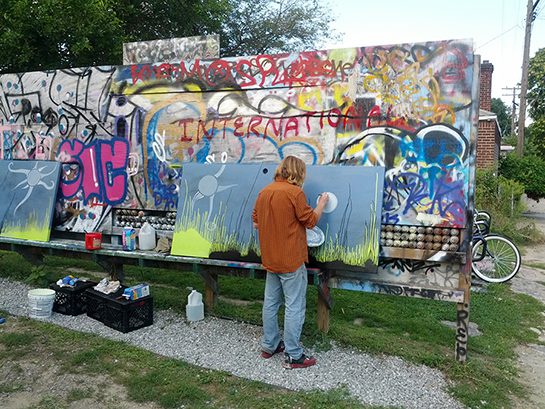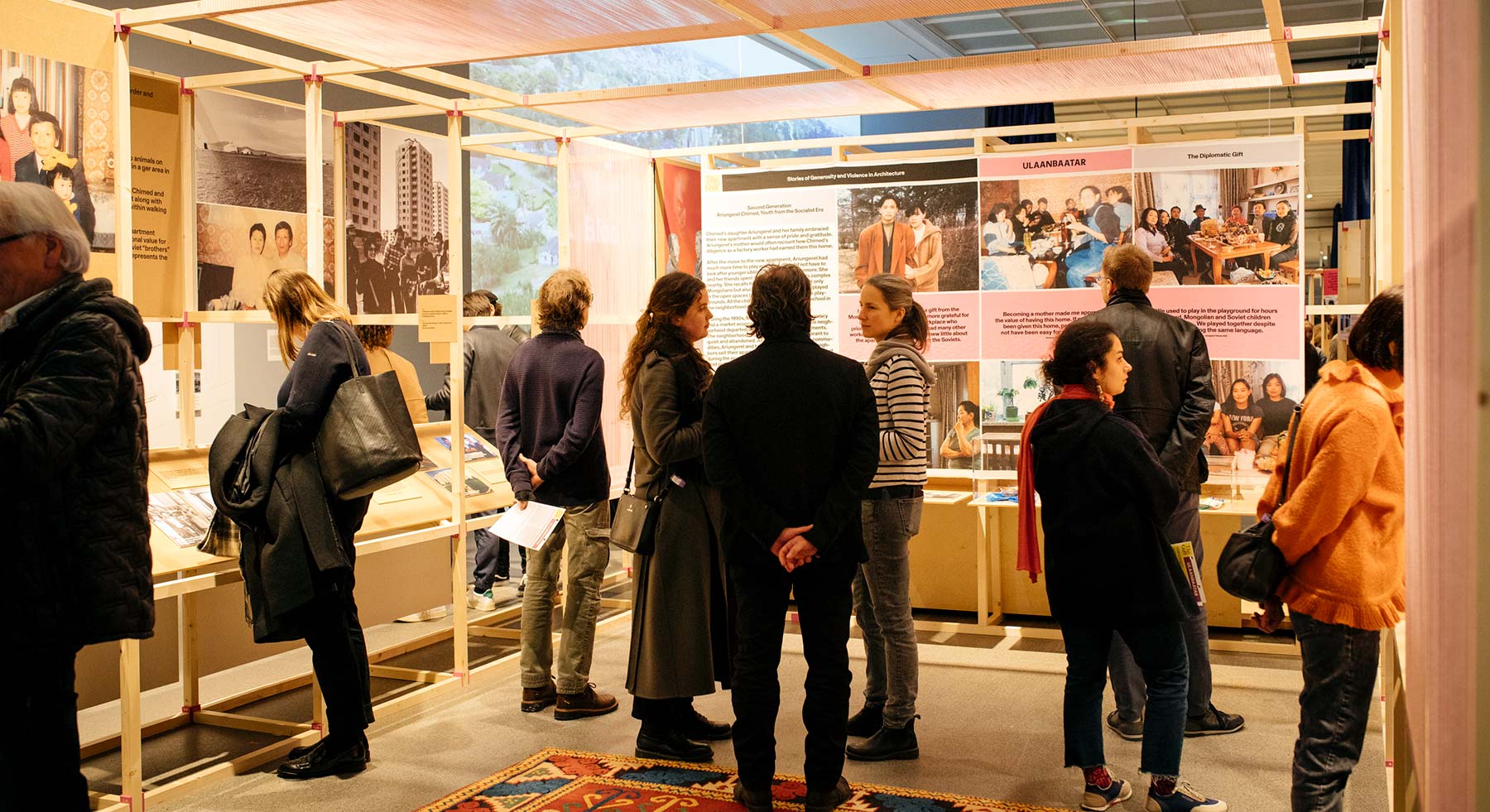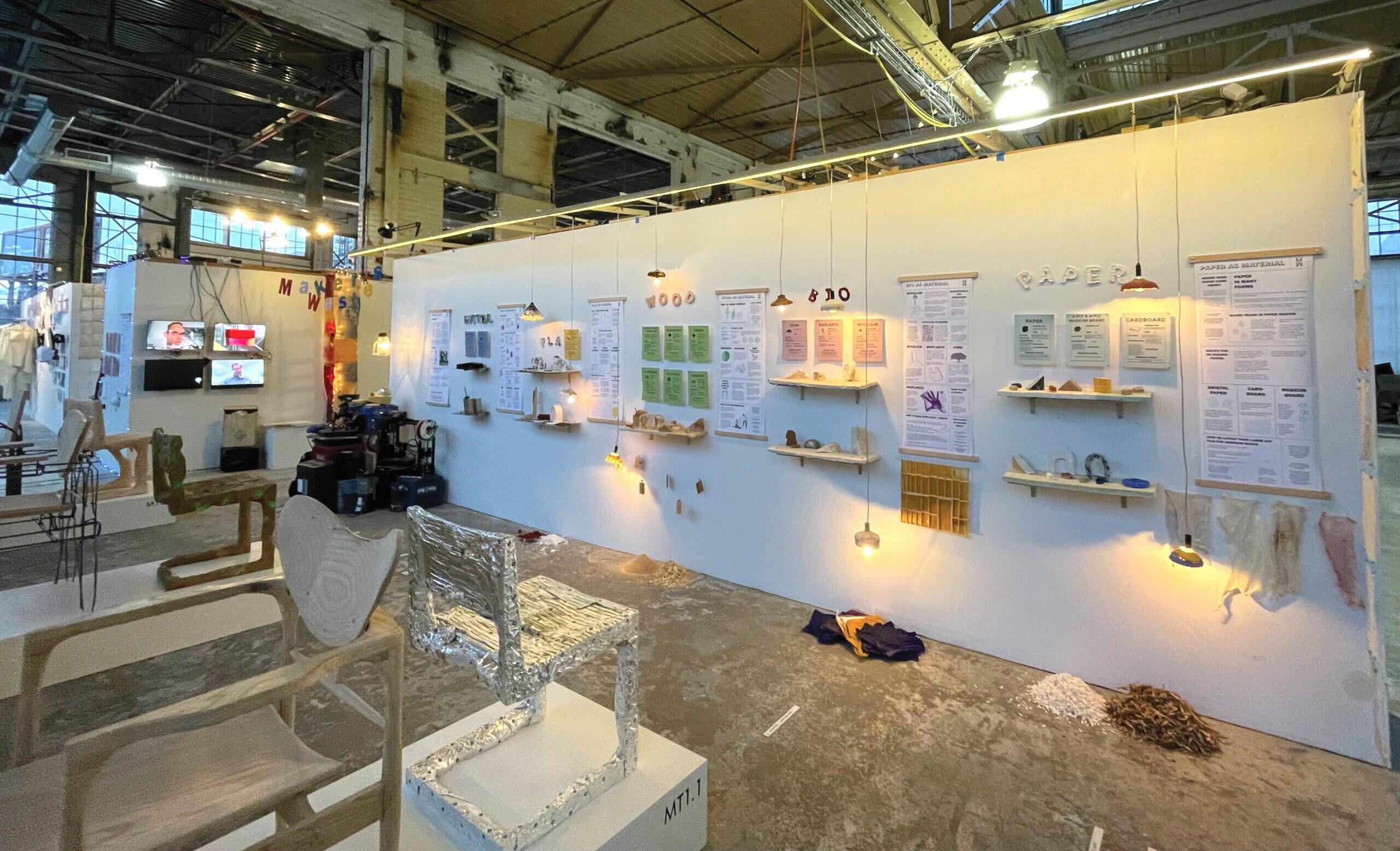Craig Wilkins Receives NEA 2013 Art Works Grant for ‘Seats and the City’
Craig Wilkins, Director of the Detroit Community Design Center and Lecturer at Taubman College, recently won a $15,000 National Endowment for the Arts’ Art Works Grant for 2013. The grant is meant to engage people on a large scale through creative and unique pieces, thus encouraging “dialogue between artists and the public.”
His submission, “Seats and the City” embodied that goal. It stood out for its massive impact in the Detroit community, addressing the waste generated by demolitions, the social impact of unreliable public transportation, and the always welcome injection of art into all aspects of city life.
The project emerged from observing the dire straits affecting public transportation in Detroit. Funding issues and inefficiency served to create a situation where waiting hours for the bus was the norm. Worse yet, this encouraged classism. After all, “bus stops advertise the transit system to the public. A stop that looks dirty or neglected…sends a devastating message: you’re lucky you don’t have to ride the bus.” “Seats in the City”, however, saw that the neglected public space could be repaired and beautified through an unlikely source: demolition waste.
The thousands of demolition efforts in Detroit – at a rate of ten demolitions for every one construction permit – generates a massive amount of debris. Though carried out with the hope of removing dangerous elements from neighborhoods, a single demolition wastes the equivalent of 33 mature trees. Even one buried door lends to the overproduction of greenhouse gases. Creatively addressing both this issue and that of the neglected public space, Wilkins championed the “Door Stop”.
The Door Stop is a seating structure, built from the recovered doors of a demolished building, sporting a vertical panel backing decorated by 25 collaborating artists from local groups like the Detroit Mural Factory and The Alley Project. Made of largely recyclable or recovered parts, the Door Stop adds humanity to these public spaces, once barren and bleak, all for substantially cheaper than the typical bus shelter. The 25 planned Door Stops would save 2.15 tons of greenhouse gas while servicing a projected 430,000 people per year.
The first constructed Door Stop can currently be seen on East Grand Blvd & Oakland. Many more are to come, as Wilkin’s uses the NEA Art Works Grant to further actualize its creative vision.





